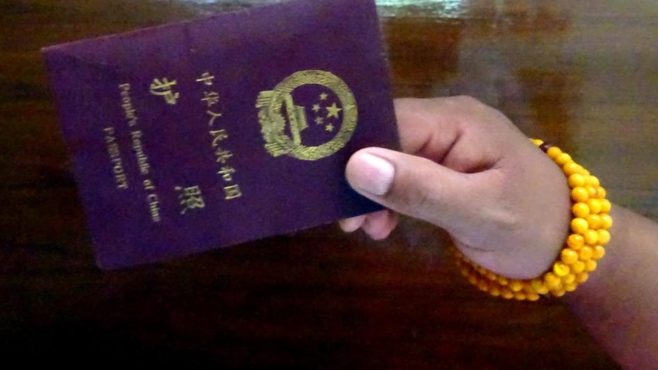 The United Nations committee on the Elimination of all Forms of Racial Discrimination convened its 96th session on August 10-13 to review anti-discriminatory practices Bosnia, China, Herzegovina, Cuba, Latvia, Japan, Mauritius and Montenegro. The delegates presented reports on their efforts to eliminate discrimination and practices of the International Convention of All Forms of Racial Discrimination in their respective states.
The United Nations committee on the Elimination of all Forms of Racial Discrimination convened its 96th session on August 10-13 to review anti-discriminatory practices Bosnia, China, Herzegovina, Cuba, Latvia, Japan, Mauritius and Montenegro. The delegates presented reports on their efforts to eliminate discrimination and practices of the International Convention of All Forms of Racial Discrimination in their respective states.
China submitted a 31-page report. However, around twenty submissions were made by civil society organisations who have been monitoring the human rights situation in China and the majority of these reflect discriminatory policies and malpractices by the authorities in regions under the People’s Republic of China. The Tibet Bureau, Geneva in coordination with the UN and Human Rights Desk of the Department of International Relations submitted a report which pinpoints several issues of human right violations led by the state, including the destruction of major Tibetan Buddhist institutions;targeting Tibetan language advocates;unequal job opportunities for Tibetans;restrictions on movement and discrimination against Tibetans when issuing passports.
In addition, a group of UN experts raised concerns about Tibetans facing discrimination from the Chinese Government under the “two-track” passport issuing system which obstructs Tibetans from obtaining passports. A five-page intervention jointly written by these experts highlights details the Chinese Government’s policy on issuing passports to Tibetans and the hardships that Tibetans have to face when travelling.
The intervention states, “In this connection, we would like to bring to the attention of your Excellency’s Government information we have received concerning the policies and legislation of a two-track passport system, which subjects Tibetans residing in the Tibet Autonomous Region, Qinghai, Sichuan and Yunnan, to an onerous application process, restricting them from travel for religious purposes, and leaving them at risk of police investigations, interrogations, family home searches and arbitrary detention.”
With regard to freedom of movement outside the region for religious purpose, the written intervention continues, “The passport system, currently in place, restricts Tibetans’ freedom to movement and has also prevented them from exercising their religious beliefs, particularly with regard to those attending the teachings of the Dalai Lama in other countries”.




 Print
Print Email
Email